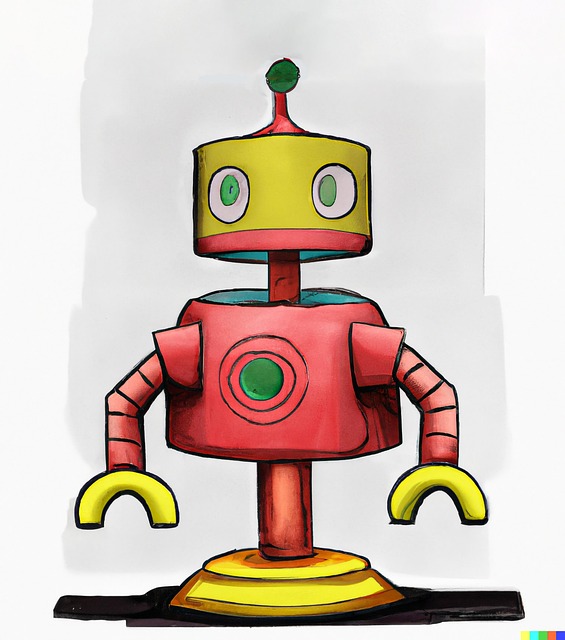Section 1: The Rise of AI in Writing
The world of writing has undergone a significant transformation in recent years with the rise of Artificial Intelligence (AI). From grammar and spelling correction to generating entire articles, AI has revolutionized the way we approach writing. With its ability to analyze data, learn from patterns, and mimic human behavior, AI has unlocked new levels of efficiency and creativity in the writing process. In this article, we will explore the impact of AI on writing and how it is changing the landscape of the industry.
Section 2: Efficiency at its Best
One of the most significant benefits of AI in writing is its ability to enhance efficiency. With AI-powered tools, writers can now produce high-quality content at a much faster pace. Grammar and spelling checkers, for instance, can quickly identify errors and suggest corrections, saving writers the time and effort of proofreading. This not only improves the overall quality of writing but also reduces the time spent on editing and revising. Moreover, AI can generate content based on specific keywords and topics, providing writers with a starting point and saving them the time of researching and brainstorming.
Another aspect of efficiency that AI brings to writing is its ability to handle large volumes of data. With the vast amount of information available on the internet, writers can easily get overwhelmed and spend hours sifting through data. However, AI-powered content curation tools can analyze and organize data, making it easier for writers to find relevant and reliable sources. This not only saves time but also ensures that the content produced is accurate and well-informed.
Section 3: Unleashing Creativity
While efficiency is undoubtedly one of the most significant advantages of AI in writing, its impact on creativity cannot be overlooked. AI has the ability to analyze vast amounts of data and identify patterns, which can be used to generate new and unique ideas. This is especially useful for content creators who are often faced with the challenge of coming up with fresh and engaging content. AI can provide writers with different angles and perspectives, allowing them to explore new ideas and expand their creativity.
Moreover, AI can also assist in the writing process itself. Natural Language Generation (NLG) software, for example, can generate entire articles based on a given topic. While this may raise concerns about the authenticity of content, NLG tools are designed to mimic human writing style and tone, making it difficult to distinguish between AI-generated and human-written content. This not only saves writers time but also opens up new possibilities for content creation.
Section 4: The Human Touch
While AI has undoubtedly made significant strides in the world of writing, it is important to note that it cannot replace human writers entirely. AI may be able to generate content and provide suggestions, but it lacks the ability to understand emotions and context, which are crucial elements in effective writing. The human touch is still necessary to ensure that the content produced is relatable, engaging, and resonates with the audience.
Moreover, AI is only as good as the data it is fed. While it can analyze data and identify patterns, it cannot generate original ideas on its own. This is where human writers come in, with their ability to think critically and creatively. AI can assist in the writing process, but it is the human mind that ultimately brings the content to life.
Section 5: The Future of Writing
As AI continues to advance and evolve, its impact on writing is only going to increase. With the development of more sophisticated algorithms and tools, AI will be able to produce content that is almost indistinguishable from human-written content. This raises questions about the future of writing and the role of human writers in the industry. Will AI eventually replace human writers? Or will it continue to assist and enhance the writing process? Only time will tell.
In conclusion, AI has undoubtedly revolutionized the world of writing, unlocking new levels of efficiency and creativity. With its ability to analyze data, learn from patterns, and mimic human behavior, AI has become an invaluable tool for writers. However, it is essential to remember that AI cannot replace the human touch and the critical thinking and creativity that human writers bring to the table. As we continue to witness the advancements in AI technology, it is crucial to find a balance between the use of AI and the human element in writing to create truly exceptional content.











